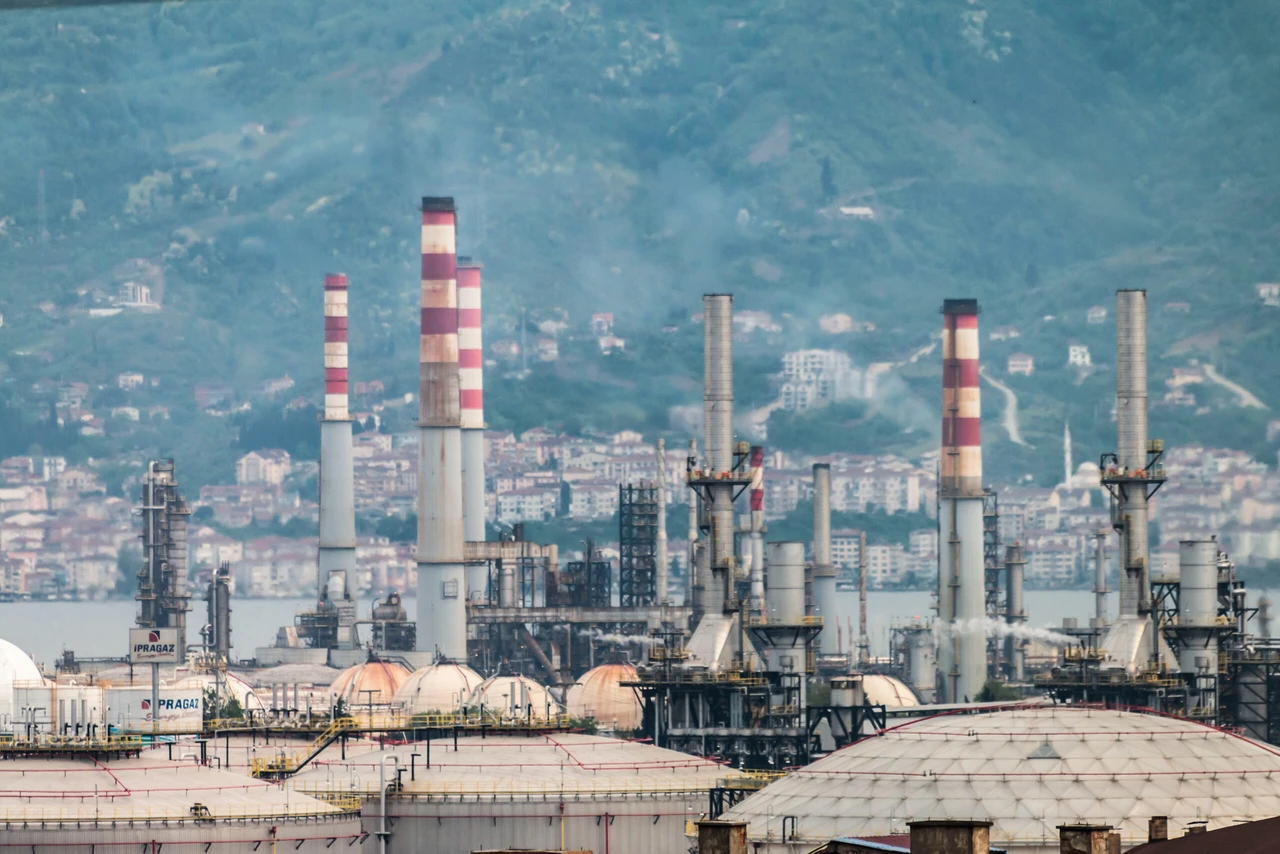Trump considers Iran’s offer for indirect nuclear talks: Report
 U.S. President Donald Trump arrives to greet Jordan's King Abdullah II bin Al-Hussein and Crown Prince of Jordan Hussein bin Abdullah as they arrive at the White House on February 11, 2025 in Washington, DC. (AFP Photo)
U.S. President Donald Trump arrives to greet Jordan's King Abdullah II bin Al-Hussein and Crown Prince of Jordan Hussein bin Abdullah as they arrive at the White House on February 11, 2025 in Washington, DC. (AFP Photo)
The White House is reportedly seriously considering Iran’s proposal for indirect nuclear talks, even as the U.S. continues a significant military buildup in the Middle East, according to two U.S. officials who spoke to the U.S.-based media outlet Axios.
President Donald Trump has maintained that he prefers a diplomatic resolution but has warned that failure to reach a deal would result in military action.
Trump reportedly gave Iran a two-month deadline, although the official start date of that timeline remains unclear.
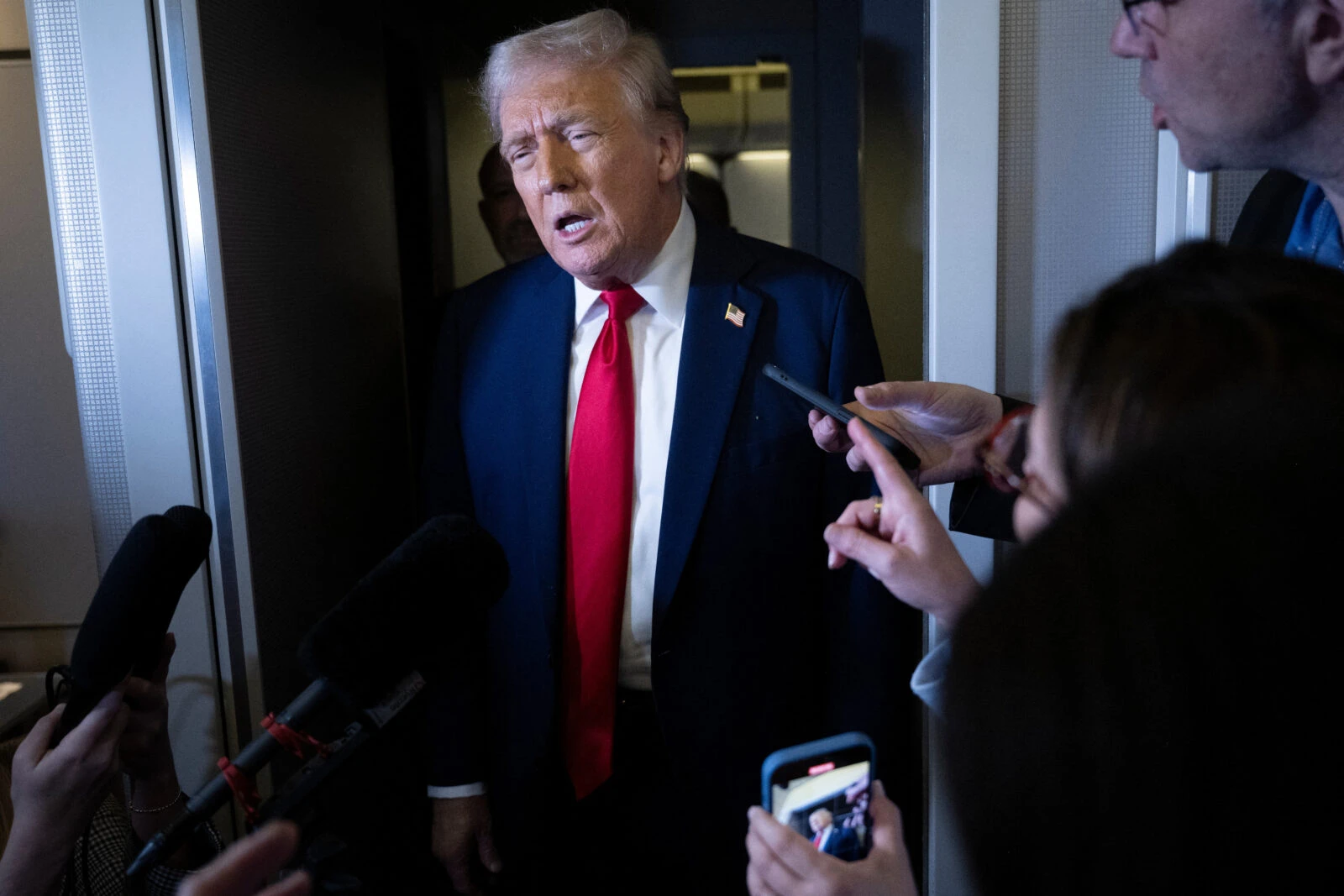
US weighs indirect talks mediated by Oman
Over the weekend, Iran formally responded to a letter Trump sent to Supreme Leader Ali Khamenei three weeks ago. While the U.S. had proposed direct negotiations, Iran offered indirect talks to be mediated by Oman—a country that has previously facilitated diplomacy between the two nations.
A U.S. official noted that although the administration believes direct talks have a higher success rate, it does not object to Oman’s role in mediating the discussions.
“After the exchange of letters, we are now exploring next steps in order to begin conversations and trust building with the Iranians,” said one official.
Internal discussions are ongoing within the administration, with some advisors supporting renewed diplomacy while others advocate for military strikes on Iran’s nuclear infrastructure.
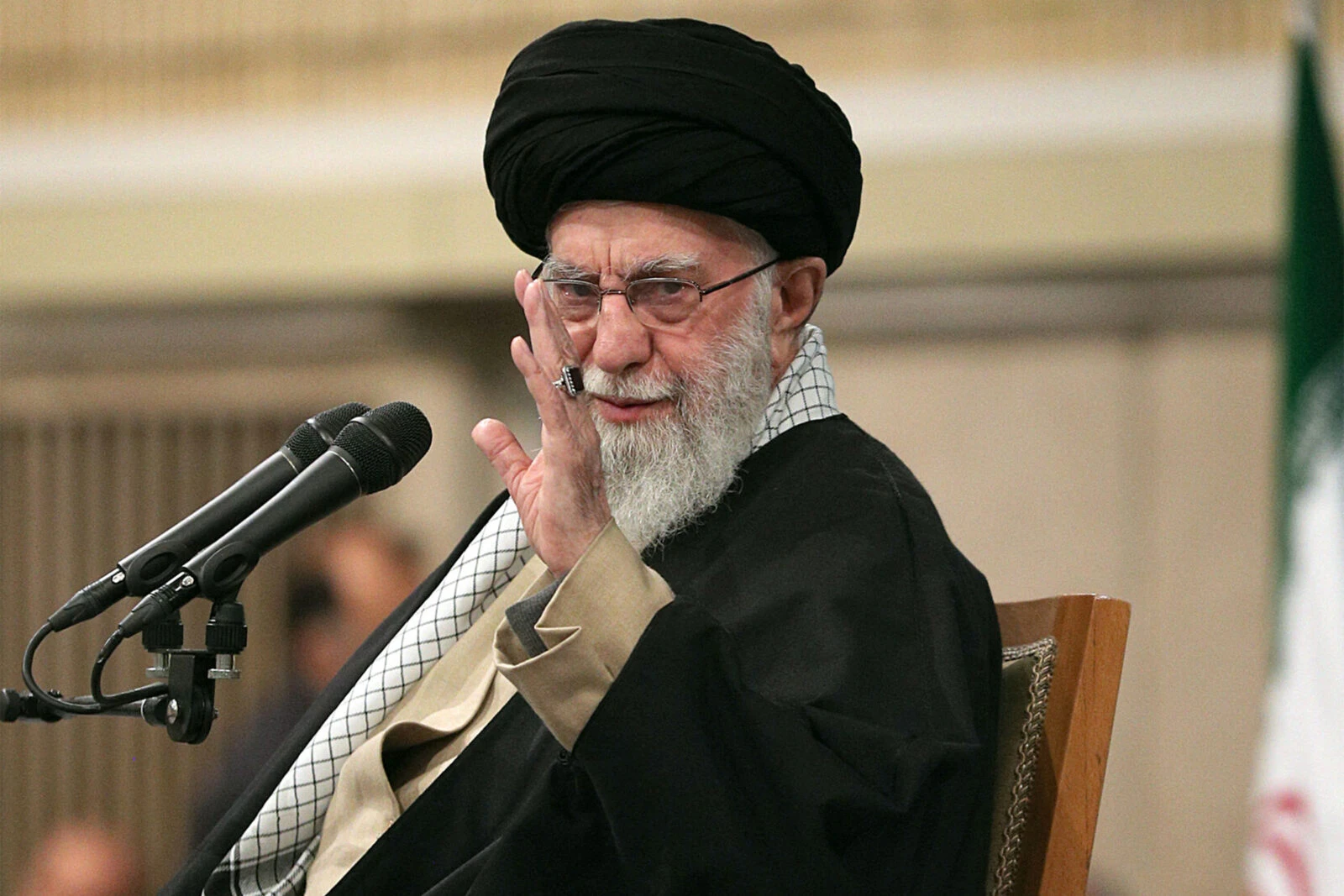
Washington boosts military presence in the region
While diplomatic efforts continue, the Pentagon is simultaneously expanding its military footprint in the Middle East:
- Two aircraft carriers, USS Truman and USS Vinson, will remain in the region.
- Several B-2 stealth bombers have been deployed to Diego Garcia, an Indian Ocean base within striking distance of Iran.
- Additional U.S. troops and air assets are being positioned to respond swiftly if tensions escalate.
The B-2 bombers are capable of carrying massive bunker-buster bombs, potentially targeting Iran’s underground nuclear facilities.
“Should Iran or its proxies threaten American personnel and interests in the region, the U.S. will take decisive action to defend our people,” said Pentagon spokesperson Sean Parnell.
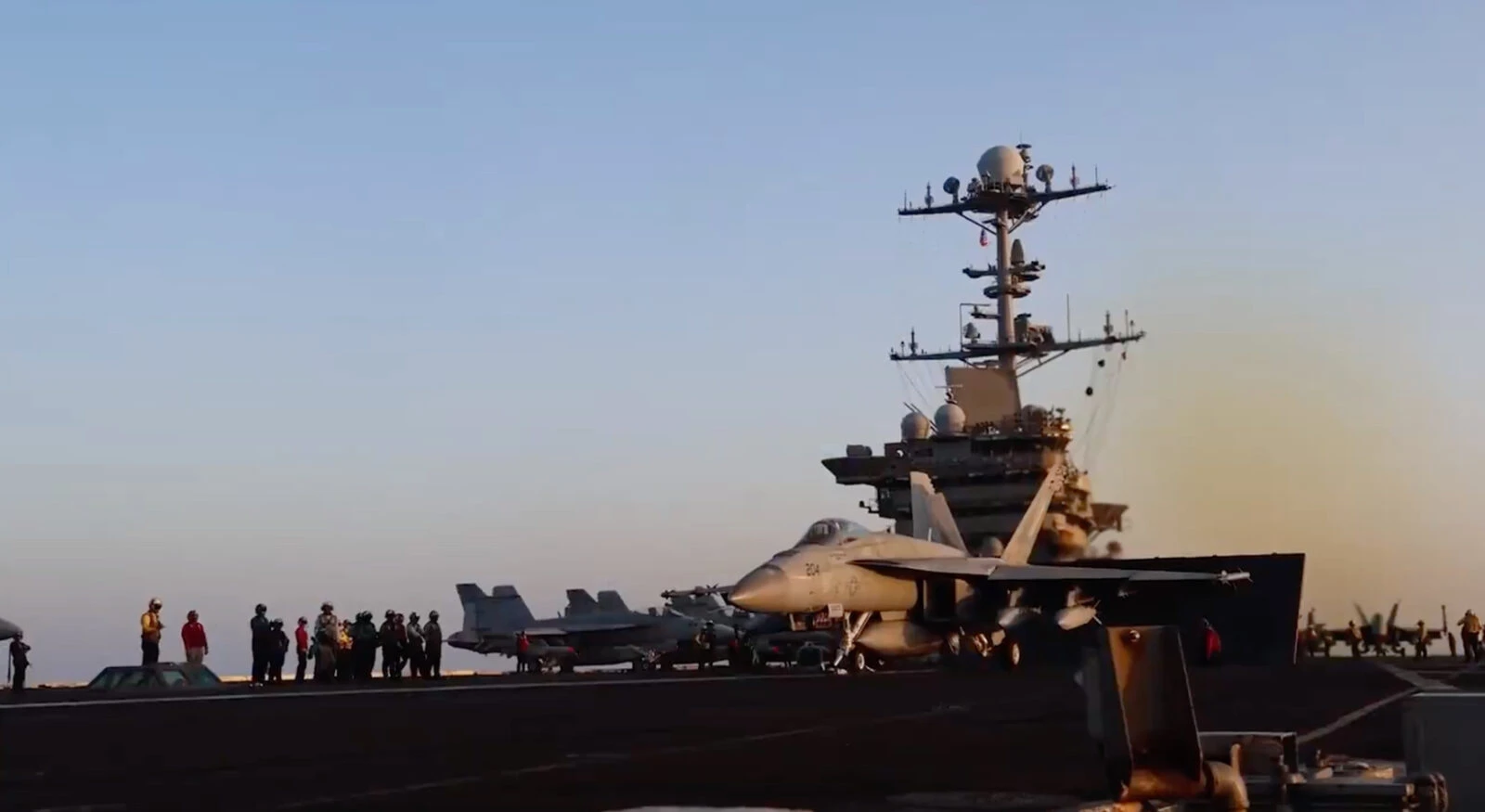
Escalating rhetoric and diplomatic tensions
Tensions between Washington and Tehran have intensified following Trump’s Sunday warning of potential strikes if no deal is reached. On Monday, Khamenei responded, saying, “They will certainly receive a heavy blow in return” if the U.S. attacks Iran.
Iran also submitted a formal diplomatic protest through the Swiss Embassy in Tehran and vowed to respond “decisively and immediately” to any perceived threat.
A commander of the Iranian Revolutionary Guards Corps added, “The U.S. has 10 bases and 50,000 soldiers in the region… If you live in a glass house, you shouldn’t throw stones.”
Ali Larijani, Khamenei adviser and former parliamentary speaker, warned that if Iran’s nuclear facilities are bombed, public sentiment may push the country toward developing nuclear weapons.
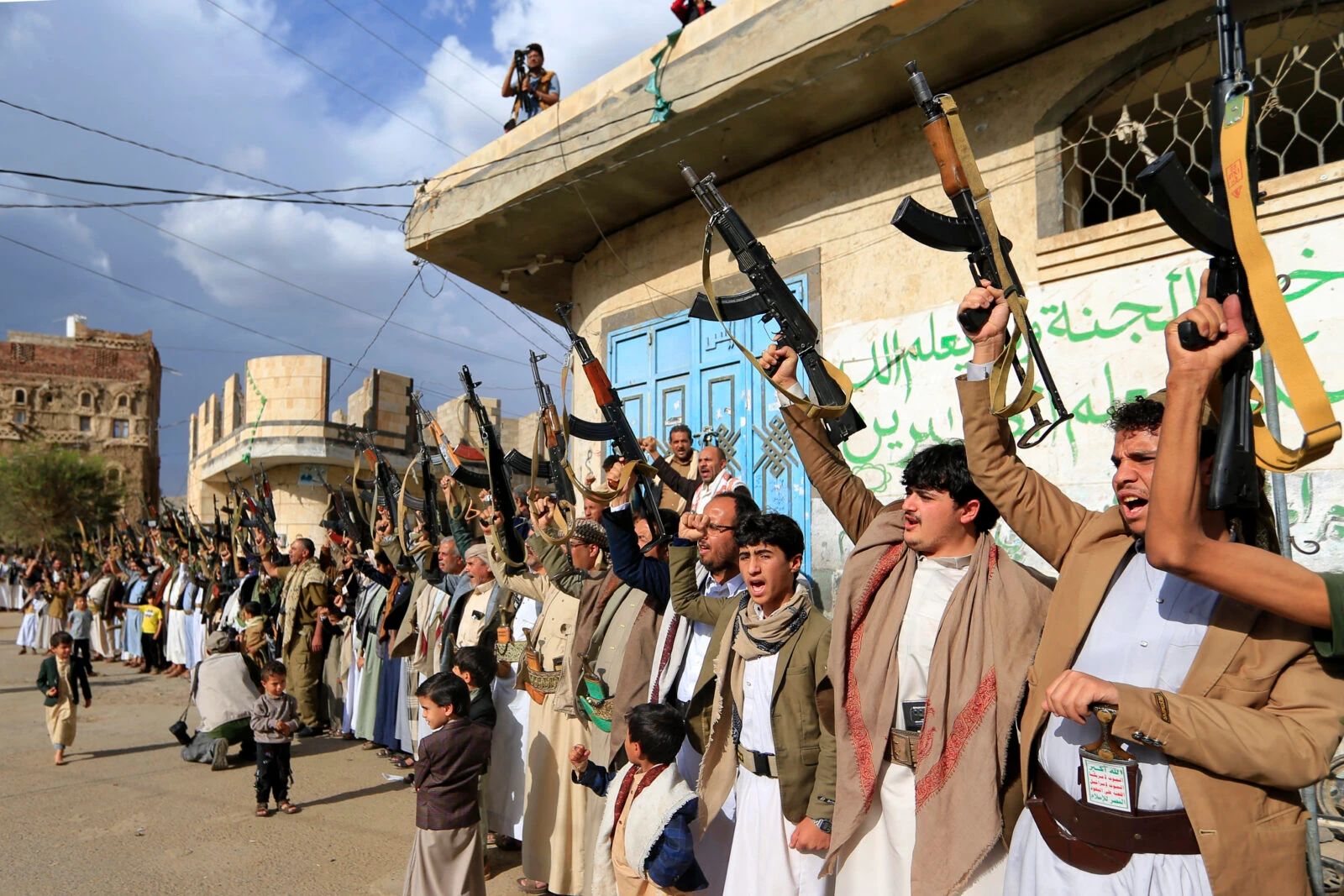
Background: US policy shift and Iran’s nuclear advancement
Trump withdrew from the 2015 Iran nuclear deal, adopting a “maximum pressure” campaign aimed at forcing Tehran into a stronger agreement. That policy has not produced a new deal under either the Trump or Biden administrations.
In the meantime, Iran has accelerated its uranium enrichment activities, reaching a nuclear threshold status. Tehran continues to insist it does not seek nuclear weapons.
Iran has also stated it will not negotiate over non-nuclear issues, such as its missile program—something Trump officials have said must be included in any new deal.
A U.S. official indicated that while Trump does not want a war with Iran, the current military posture is intended to strengthen deterrence and ensure preparedness if talks collapse.


